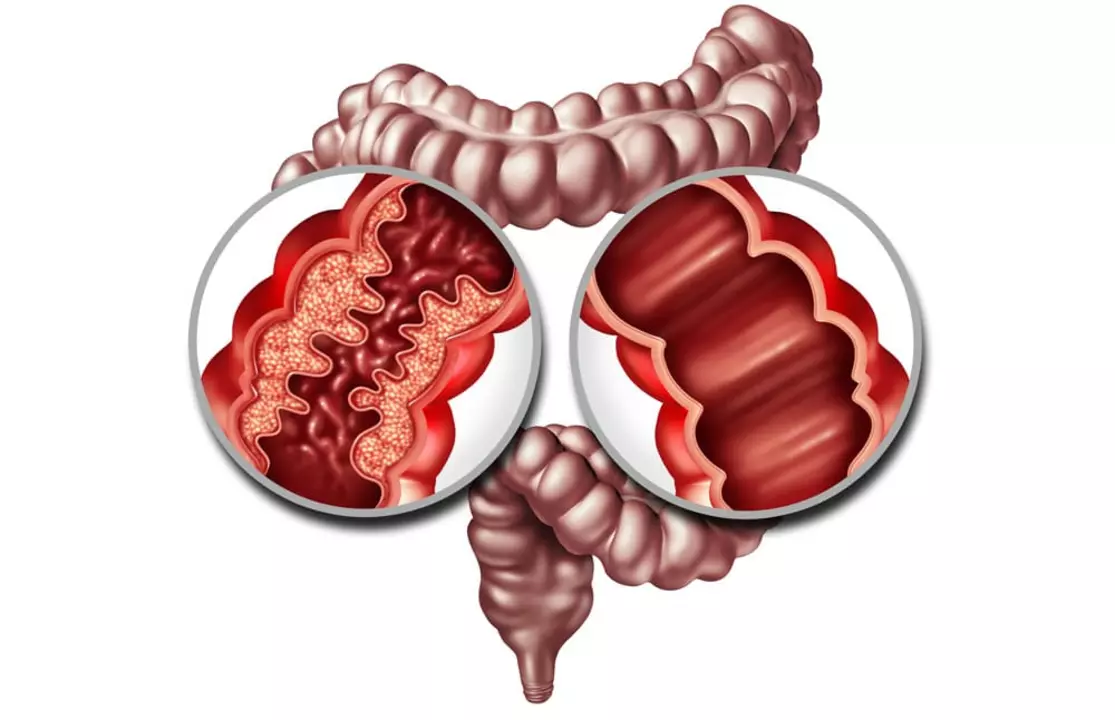Understanding Crohn's Disease and Its Connection to Oral Health
As someone who has been living with Crohn's disease for quite some time now, I understand the many challenges this autoimmune condition presents. One lesser-known aspect of Crohn's disease is its impact on oral health. In this article, I will be sharing my experiences and discussing the various ways Crohn's disease can affect your oral health, as well as providing some tips for prevention and treatment.
Common Oral Symptoms Associated with Crohn's Disease
While Crohn's disease primarily affects the gastrointestinal tract, it can also manifest in other parts of the body, including the mouth. Some common oral symptoms associated with Crohn's disease include:
Mouth Ulcers and Sores
One of the most common oral symptoms of Crohn's disease is the presence of mouth ulcers or sores. These painful lesions can appear on the inside of the cheeks, lips, gums, or tongue. They can make it difficult to eat, drink, or even speak.
Swollen Gums
Another common symptom is swollen, red, or bleeding gums. This inflammation can lead to gingivitis or periodontitis, both of which can cause tooth loss if left untreated.
Dry Mouth
Many people with Crohn's disease also experience dry mouth, which can result from dehydration or medication side effects. Dry mouth can lead to bad breath, tooth decay, and gum disease, as saliva helps to neutralize acids and wash away food particles.
Oral Health Care Tips for People with Crohn's Disease
Maintaining good oral hygiene is crucial for everyone, but it is especially important for those of us living with Crohn's disease. Here are some oral health care tips to help you keep your mouth healthy:
Brush and Floss Regularly
Brush your teeth at least twice a day using a soft-bristled toothbrush and fluoride toothpaste. Don't forget to floss daily to remove plaque and food particles from between your teeth and along the gum line.
Stay Hydrated
Drinking plenty of water throughout the day can help alleviate dry mouth and promote saliva production. You can also try sugar-free gum or lozenges to stimulate saliva flow and keep your mouth moist.
Visit Your Dentist Regularly
Regular dental checkups and cleanings are essential for maintaining good oral health. Make sure to inform your dentist about your Crohn's disease diagnosis, as they may need to take extra precautions during your visit.
Treatment Options for Oral Symptoms of Crohn's Disease
If you are experiencing oral symptoms related to Crohn's disease, there are several treatment options that can help alleviate discomfort and improve your oral health:
Topical Treatments
Over-the-counter or prescription mouthwashes, gels, or ointments can help soothe mouth ulcers and reduce inflammation. Your dentist or healthcare provider can recommend the most appropriate product for your specific needs.
Medications
In some cases, your doctor may prescribe medications to treat the underlying inflammation that is causing your oral symptoms. These medications may include corticosteroids, immunomodulators, or biologic therapies.
Dental Procedures
If you are experiencing severe gum disease or tooth decay as a result of Crohn's disease, your dentist may recommend dental procedures such as scaling and root planing, dental fillings, or even extractions.
Conclusion
Living with Crohn's disease can be challenging, but understanding its impact on oral health and taking steps to maintain good oral hygiene can greatly improve your quality of life. By staying proactive with dental care, communicating with your healthcare providers, and exploring treatment options, you can effectively manage the oral symptoms of Crohn's disease and maintain a healthy, happy smile.

